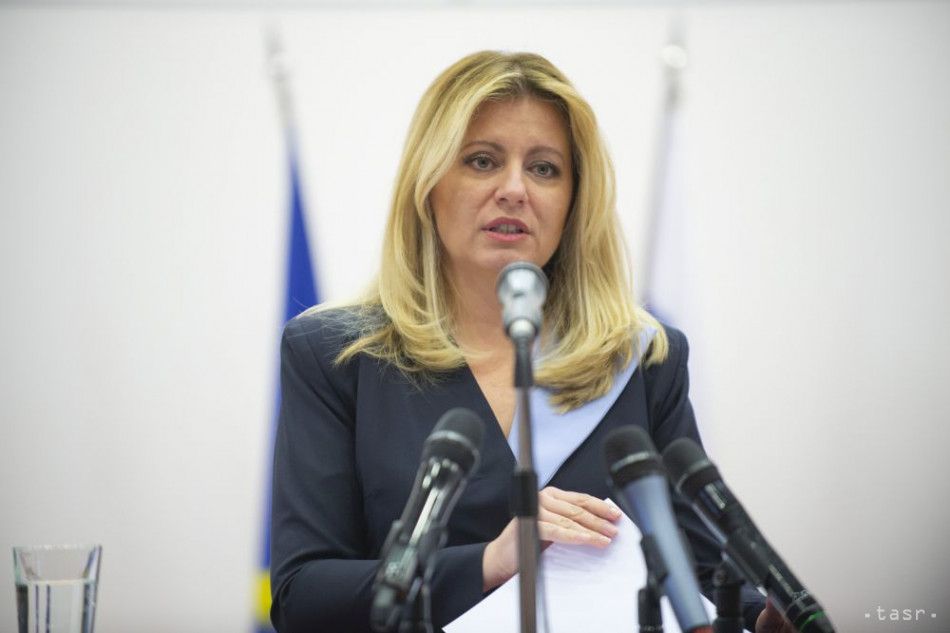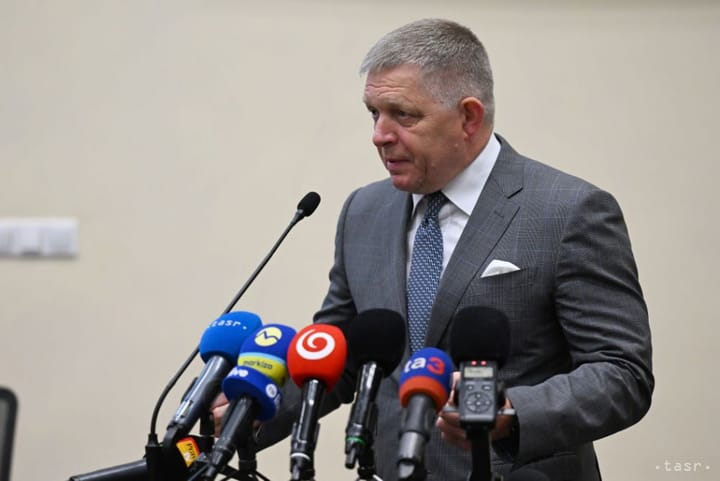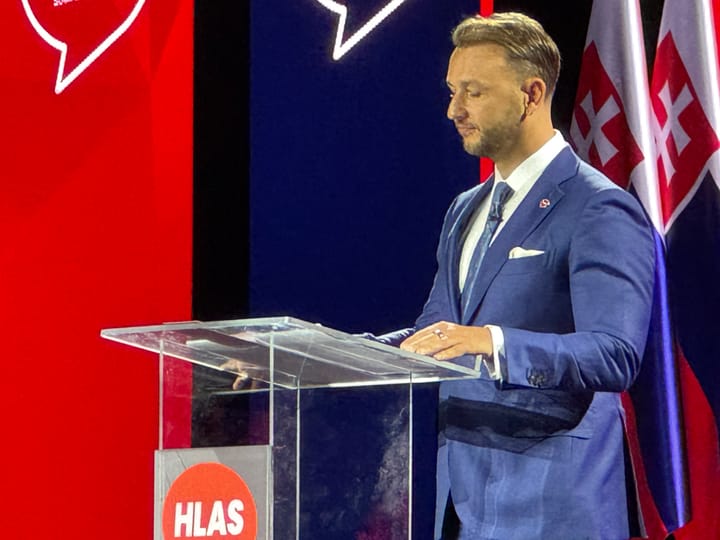Lack of Coordination between Police and Prosecution Behind Trnka Situation

Bratislava, January 22 (TASR) – The situation around the charges pressed against former prosecutor-general Dobroslav Trnka and their dropping is a result of insufficient co-ordination between the police and the prosecutor’s office, President Zuzana Caputova said following her meetings with Police Corps President Milan Lucansky and Prosecutor General Jaromir Ciznar on Wednesday.
The two officials assured the president that procedures regarding all the suspicions continue and that they are being investigated.
“I believe that there must be an effective co-operation between an investigator and a supervising prosecutor in such socially sensitive cases as the one involving the former supreme guardian of the rule of law in the country. It mustn’t happen that such a different legal opinion only appears after charges have been pressed and results in their dropping. At the same time it shouldn’t happen that such a step is left unexplained,” stressed the president.
Caputova underlined that dropping the charges against Trnka doesn’t mean the end of the investigation. She believes that a more resolute procedure in this matter might contribute to strengthening confidence in justice. The responsibility of the police and the prosecutor’s office mustn’t end with pressing or dropping of charges, stated the president. “Their responsibility only ends after they do their utmost to disperse legitimate doubts over their procedure via communication with the public,” stressed Caputova.
The president emphasised she fully respects independence of investigation, leaving it up to the Police Corps president and the prosecutor general how deeply they inform about the case. “The fact that logically stemmed from last week’s events was the subject of my interest,” explained Caputova, pointing to Trnka’s arrest and subsequent release and the dropping of charges against him.
According to the president, it was not a common criminal case. “The recordings unveiled that the top representative of the Prosecutor General’s Office was using his powers in a way opposing his mission, for example by idleness where the prosecutor general’s activity would have been desired,” noted Caputova.
Lucansky agrees that the co-ordination between an investigator and a supervising prosecutor failed in this case. Nevertheless, this changes nothing regarding the fact that the investigator proceeded in line with the Penal Code and to the best of his belief.
Ciznar described the supervising prosecutor’s procedure in this case as lawful. However, the prosecutor’s office is continuing to deal with the issue, he added.
The former prosecutor-general Trnka was arrested by the National Crime Agency (NAKA) in his house in Hamuliakovo (Bratislava region) last week. The former chief prosecutor was allegedly charged because of his conversation with former finance minister for Smer-SD Jan Pociatek concerning the Lemikon case. Trnka was released the next day. The release was ordered by a Special Prosecutors Office (USP) prosecutor, who saw no reason for Trnka’s prosecution. The charge itself was dropped on Tuesday (January 21).



